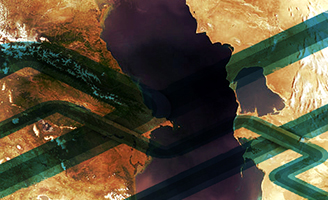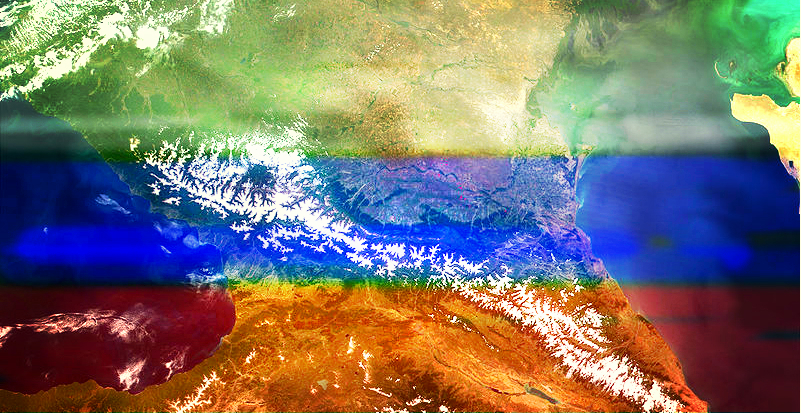The Southern Energy Corridor: A Strategic Priority for the U.S.?
By Mamuka Tsereteli (05/27/2015 issue of the CACI Analyst)
The South Caucasus enjoyed significant political support from U.S. policy makers since the mid-1990s, when the region was seen as an integral part of the proactive U.S. security and energy policy towards Europe. Those policies were successful, resulting in several pipeline projects connecting Caspian resources to European and world markets. But a direct natural gas connection between Caspian fields and Europe remains to be developed. It is in the common interest of the U.S., EU, producer and transit countries to overcome multiple challenges and make this connection work. While the debate currently includes efforts to build a false connection between Caspian producers and exemptions from the Iran sanctions, Washington needs a serious and strategic discussion on America’s role in Caspian energy.

Moscow CFE Kill Threatens Caucasus Stability
By Richard Weitz (04/29/2015 issue of the CACI Analyst)
On March 10, Russia effectively ended its participation in the Treaty of Conventional Armed Forces in Europe by withdrawing from its Joint Consultative Group. This move, encouraged by the inadequate Western response to earlier Russian violations to the treaty, has given Moscow a freer hand to develop and apply its military power in Eurasia and elsewhere. In particular, the move could further increase tensions in the South Caucasus between Azerbaijan and Armenia, as well as Georgia, and Russia.

The China-Armenia Declaration and Beijing’s Prospects in the South Caucasus
By Eduard Abrahamyan (04/15/2015 issue of the CACI Analyst)
The visit of Armenia’s President Serzh Sargsyan to the People’s Republic of China on March 24, following his moderate criticism of Russia’s arms deliveries to Azerbaijan, emanated in the signature of a bilateral comprehensive declaration signed between Armenia and China. One of the document’s significant pillars is Armenia’s enrollment in China’s “Silk Road Economic Belt.” Another is an accord to cooperate in the defense and military sphere, emphasizing mutual “military support.” The declaration combined over ten special agreements, involving various ministries of both states, and a preferential loan for adapting and modernizing custom services. China’s agreements with Armenia, coupled with its interest vis-à-vis Azerbaijan and Georgia, heralds China’s economic and political penetration in the South Caucasus.
“CACI Analyst, March 05, 2014”
MAIDAN: Lessons for the South Caucasus
By Huseyn Aliyev, Emil Souleimanov (the 03/05/2014 of the CACI Analyst)
The turmoil in Ukraine is followed closely not only in Russia, but also across the Caucasus. While part of the population and opposition activists have found a source of inspiration in the capacity of ordinary Ukrainians to topple the corrupt and unpopular regime, possibly paving the way for Ukraine's accession into Western structures, regional elites have demonstrated a more ambiguous approach, ranging from careful endorsement to acute concern.






